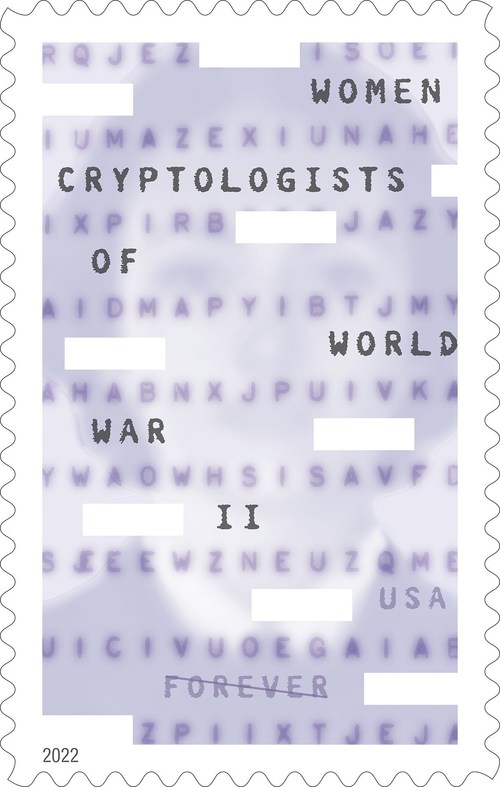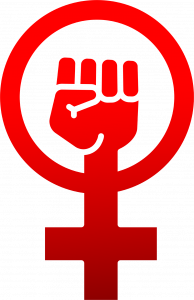U.S. Postal Service Recognizes Women Cryptologists
Their Work Played an Important Role in Winning WWII
The U.S. Postal Service honored the work of the Women Cryptologists of World War II with a first-day-of-issue ceremony for the Forever stamp at the National Cryptologic Museum.
“During World War II, some 11,000 women labored day and night, helping to process and decipher an endless stream of enemy military messages,” said Jakki Krage Strako, the Postal Service’s chief commerce and business solutions officer, who served as the dedicating official for the stamp event.

“Their work was both frustrating and exhilarating (sometimes simultaneously) —and one of the conflict’s best-kept secrets,” she said. “With this stamp, the U.S. Postal Service honors all of the women cryptologists of World War II, whose service played an inestimable role in the Allied victory.”
The surprise attack on Pearl Harbor made it clear that an enormous and immediate increase in the number of cryptologists was essential. With young men enlisting to serve overseas and more needed every day, the armed forces looked to women. Many women cryptologists were civilians recruited while still in college or working as schoolteachers. By the end of the war, women cryptologists numbered around 7,000 in the Army and about 4,000 in the Navy — more than half of all U.S. cryptologists.
Their service played a significant role in the Allied victory. Women cryptologists deciphered Japanese fleet communications, helped prevent German U-boats from sinking vital cargo ships, and worked to break the encryption systems that revealed Japanese shipping routes and diplomatic messages. They built high-speed machines to break encrypted German messages, intercepted enemy communications, and ensured that encrypted U.S. messages were secure and error-free — an early form of cybersecurity.
Sworn to secrecy — under penalty of treason — the women cryptologists of World War II remained silent about their crucial and far-reaching contributions for decades. Today, they are widely considered pioneers in science, technology, engineering and math — especially because their wartime work coincided with the development of modern computer technology. Their contributions opened the door for women in the military and helped shape intelligence and information security efforts for generations.
The stamp art features an image from a World War II-era Women Accepted for Volunteer Emergency Service (WAVES) recruitment poster with an overlay of characters from the “Purple” code.
Established in July 1942, the WAVES were part of the U.S. Naval Reserve. The poster was designed by John Falter (1910-1982), who designed more than 300 recruiting posters during his military service.
The Purple code was used by the Japanese government to encrypt diplomatic messages.
For those interested in testing their cyphering ability, the pane selvage has seemingly random letters (ZRPH QF UB SWRORJLVWV RIZRUOGZDULL, FLSKHU, DQDOBCH and VHFUHW) which can be deciphered to reveal some key words. If you are stumped, the reverse side of the pane has the cipher needed to read the words.
The Women Cryptologists of World War II pane of 20 stamps are issued as Forever stamps. News of the stamps are being shared with the hashtag #WomenCryptologistStamp.
Customers may purchase stamps and other philatelic products through the Postal Store at usps.com/shopstamps, by calling 844-737-7826, by mail through USA Philatelic or at Post Office locations nationwide.
The Postal Service generally receives no tax dollars for operating expenses and relies on the sale of postage, products and services to fund its operations.
National contact: Tatiana Roy
860-982-6191
[email protected]
Local contact: Mark Wahl
412-302-5640
[email protected]
usps.com/news










